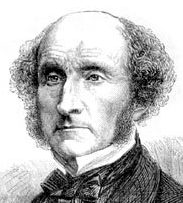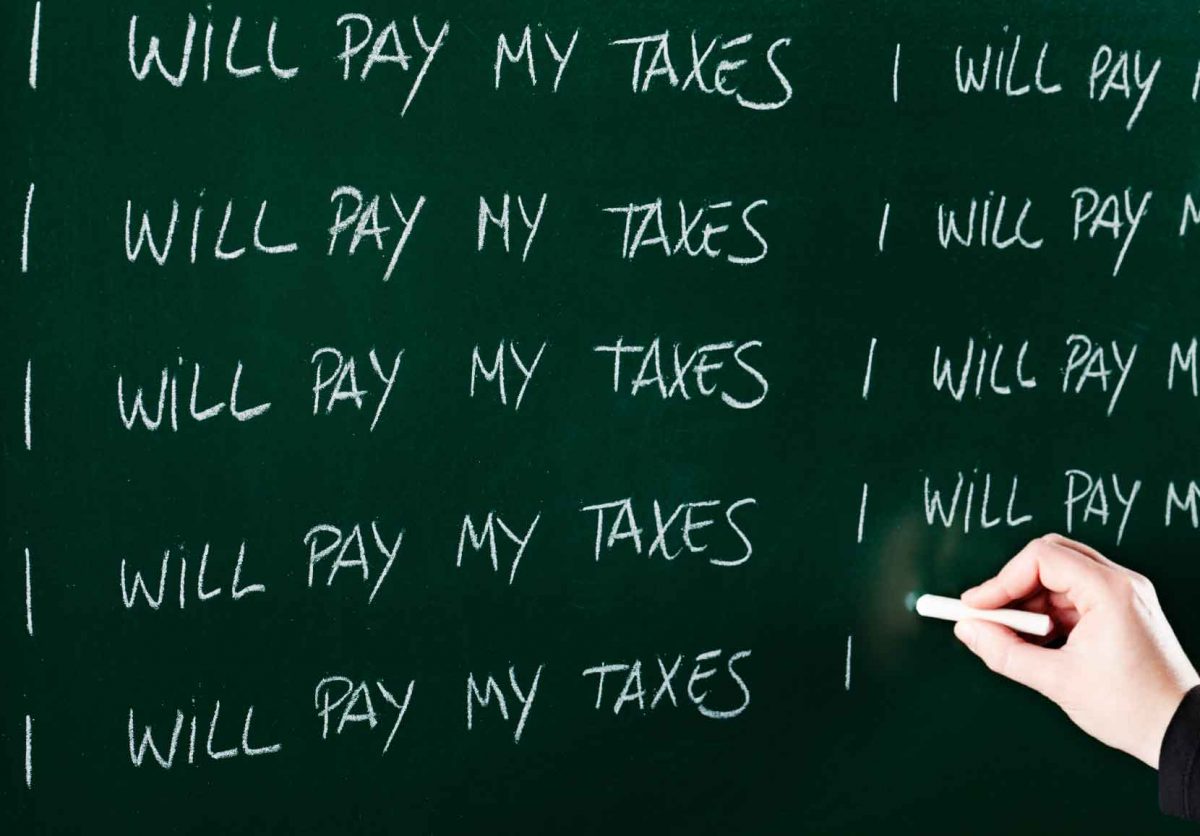Are Americans proud to pay their taxes? Vanessa Williamson of the Brookings Institute thinks so, after studying survey data and conducting interviews. She finds that Americans view paying taxes as a civic and moral responsibility, and the price of citizenship. She believes that “the idea that ‘Americans hate taxes’ has become a truism without the benefit of being true.” But this rather surface conclusion misses the point. There is a real distinction between a moral obligation to pay taxes and a legal obligation.
The Moral Obligation to Pay Taxes Comes From the Sense of Common Community
We believe that most Americans share a sense of common community. It is this common identity that drives the moral expectation that everyone should contribute. Core religious views shared by many Americans across their various religions also contribute to this sense of common duty and common obligation.
The central American belief about taxes is this. We recognize that we are in a common endeavor (more on that in a moment). Americans accept our moral responsibility to pay our fair share to support that common purpose. We do so out of our sense of responsibility and obligation as Americans. And we expect our fellow citizens to do the same.

The Moral Obligation to Pay Taxes is Limited
But this general core belief is bounded. Our sense of moral obligation fades to the extent the taxes we pay are not used for common endeavors. National defense, infrastructure, police and fire protection, education, etc., are all social benefits for the common good of all citizens. True, individual citizens draw more, or less, from this benefit pool. But everyone is eligible to receive a share of the pool. Everyone receives some benefit. To this extent most Americans share a moral obligation to pay their fair share of taxes to provide for shared benefits.
On the other hand, taxes paid to produce benefits only given to others and which excludes us violate the common endeavor premise. Some people may feel a moral obligation to provide these exclusive benefits for others. However, this type of moral obligation is distinguished from the common endeavor obligation. This secondary moral obligation may, in turn, be limited based upon the nature of the benefits provided, the sub-group of the community benefited, the extent of the benefit, etc. Each of these qualities represent value judgments, unique to the individual(s) who feel this second moral obligation to give such benefits.
Common Endeavors Versus Benefits For Sub-Groups of the Community
This “moral” obligation to provide for a subset of citizens is distinct from a moral obligation to provide for a common endeavor. This differentiated sense of moral obligation is essentially a charitable impulse driven by the values of the individual contributors. Lawmakers, of course, impose their own subjective values when creating benefits for sub-groups of the community. Many citizens do not share those value judgments.
Indeed, these Americans may feel no such secondary moral obligation and, in fact, don’t. For them (and even for some in our first group who see the tax obligation as disproportionate to the intended sub-group benefit), the “obligation” to pay taxes for these purposes is imposed by others through legal mandates. The right of individual choice to accept or reject those value judgments is replaced by paternalism. This “legal” obligation to provide strictly for others is wholly distinct from any sense of moral obligation for the common endeavor.
We grant that for some, a legal obligation may, over time, create a sense of moral obligation. But for others it does not. Indeed, the value judgments embodied in laws that benefit only sub-groups of the community may be inconsistent with their sense of moral obligation. These citizens resent the legal obligations imposed through taxes that are inconsistent with their sense of moral obligation. Legal obligations, after all, reflect the value judgments of those who create those laws.
These observations are not judgments as to whether, and to what extent, such benefits or programs should exist. Nor are they a judgment on the subtler question about how society may furnish such programs. Rather, each dollar compelled from a citizen to provide for the benefit only of others creates a sense of inequity. Many Americans resent the imposed legal obligation to provide for others alone. Time may amplify this resentment, as the amount of the compulsion (the amount of taxes they pay for these purposes) has grown.
Taxes Involve Two Obligations – Moral and Legal, and They are Different
The payment of taxes actually subsumes two obligations. One is moral, the other is legal. They may overlap, and they may not. This is a real and significant distinction. Americans, by and large, accept their moral obligation to pay taxes that benefit the common good. Many resent the legally imposed obligation to pay taxes for unshared benefits. Which unshared benefits are furnished, to what degree, and the identity of the beneficiaries represent the value judgments of their creators. But values are always subjective. By definition, they are always only shared by sub-groups of the community and not the whole community.
Most Americans share a sense of moral obligation to pay taxes. But this moral obligation and responsibility is bounded. Many resent the larger legal obligations imposed on them. The foundation of this resentment is a deeper sense of unfairness. Tax laws impose disproportionate burdens on individual Americans to provide pools of benefits that are not available to all citizens. Unfairness forces Americans to draw a line on paying taxes. And it should

